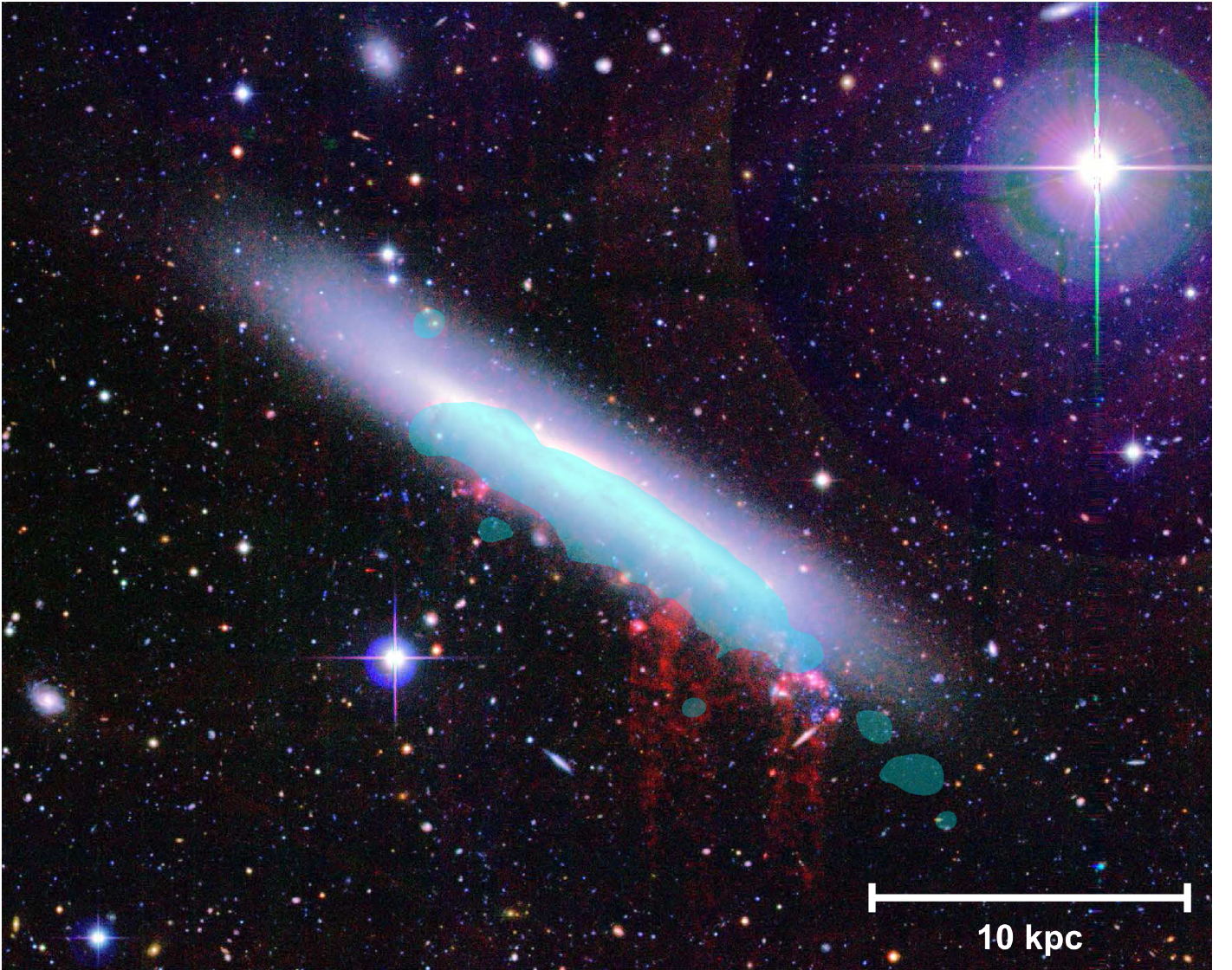Do the Magnetic Fields in Galaxies Have an Affect on the Expansion of the Universe?

Question:
magnetic fields + expansion of the universe In viewing the image of N4217b, It occurred to me that by charting the orientation of the magnetic fields of numerous clusters of galaxies in relative close proximity, the 3D orientation, dispersal speeds (separation rates), and masses of the galaxies could be determined.
In effect the galaxies are providing an unrecognized large field magnetic effect, which could account for the expansion of the universe. Not a mysterious dark force, just an unrecognized magnetic interaction. An interesting way to test the idea would be to measure the speed of separation of galaxies in “close” versus “distant” proximity. The closer the relationship, the faster the separation. The more distant separation the slower the separation, until presumably a uniform pace is attained. In some way a standard measure of magnetic field size would have to be calculated, to account for galaxy masses, and ages. Proximity to or a part of an ejecta stream would be an interesting way to observe magnetic field dynamics.
Has the magnetic fields of the galaxies been considered as a source for the expansion rate of the universe?
Answer:
We can measure the magnetic fields in galaxies using a number of observational techniques, including measurements of the polarization of light that passes through dust in galaxies. What we have found from these measurements is that the magnetic field strengths in galaxies are about 100 times weaker than the magnetic field strengths within the Earth (which range from about 0.3 to about 0.6 Gauss). These weak field strengths, coupled to the fact that magnetic force gets weaker by 1/distance^2, means that the magnetic fields in galaxies are therefore not strong enough to influence other galaxies around them.





